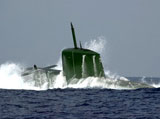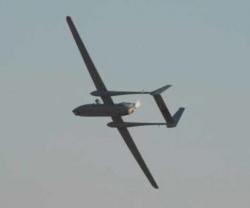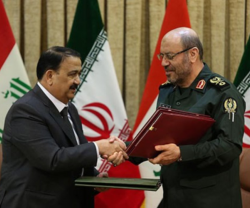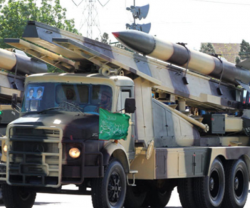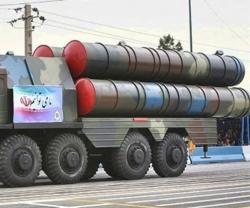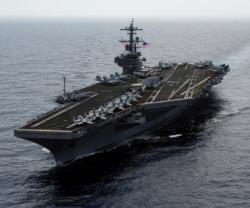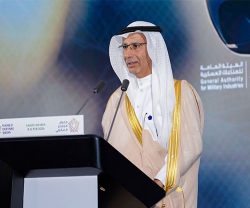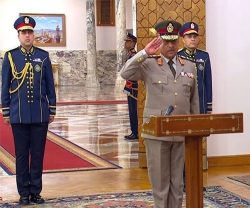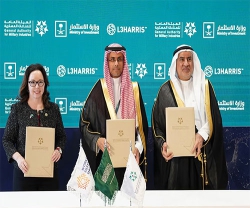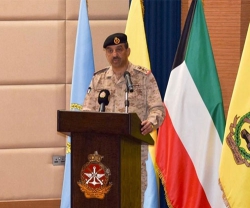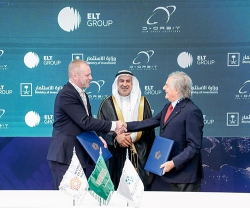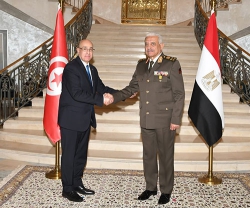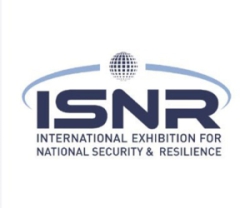One of the world’s most advanced German manufactured submarines is slated to be sent to Israel this year.
German media reported last week that the 68-meter Dolphin submarine, the largest post-World War II submarine to be built in the Federal Republic, was openly placed in the harbor of the northern city of Kiel.
The Dolphin submarines are mainly constructed in Kiel, located in the German state of Schleswig-Holstein on the border of Denmark. According to the daily Kieler Nachrichten, the submarine can now be viewed on the harbor compound operated by Howaldtswerke- Deutsche Werft.
The highly sophisticated submarine, which is believed to contain second-strike nuclear weapons capability, is the first of 3 advanced “Super Dolphin” vessels to be delivered to Israel’s Navy.
ThyssenKrupp Marine Systems, the giant German engineering firm, owns the ship manufacturer subsidiary in Kiel.
The Kieler Nachrichten reported that a heavy police presence is guarding the Super Dolphin. Water-based boat patrols, including the police boat Vossbrook, are frequently circling the submarine.
The new Dolphin is a second- generation advanced underwater vessel. Germany’s government has previously furnished Israel with 3 earlier models of the Dolphin. A 5th Dolphin is slated to be delivered in 2013.
The timing of the Super Dolphin’s delivery raises new questions about Israel’s strategy to confront Iran’s threats. German media noted that a spokesman from ThyssenKrupp Marine Systems declined to comment on the Super Dolphin.
Germany and Israel have agreed to the delivery of a third Super Dolphin. The Federal Republic will subsidize the sale of the 3rd vessel with a maximum of 135 million Euros.
The delivery of the Super Dolphin to Israel is filled with some irony, largely because Iran maintains a 4.5% stock control of ThyssenKrupp as of 2010.
According to ThyssenKrupp’s 2011- 2012 corporate report in connection with Iran sanctions, “the Executive Board of ThyssenKrupp AG ordered a review of the business activities with Iranian customers in existence before the tighter trade restrictions came into effect to establish whether they comply with the new laws. In September 2010, it was decided that ThyssenKrupp will not enter into any new transactions with Iranian customers.”
Source: Kieler Nachrichten

